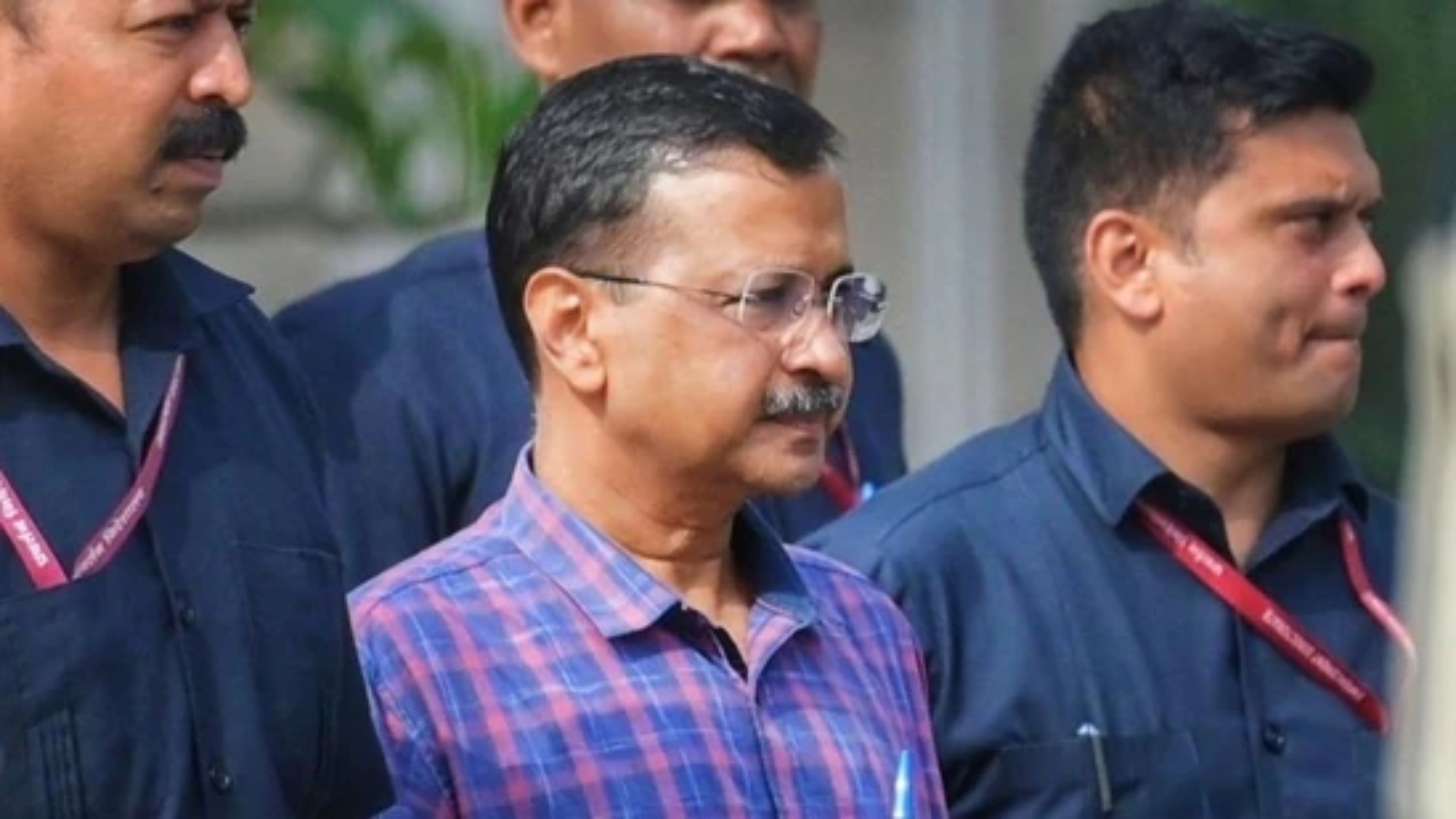On Monday, the Delhi High Court reserved its decision regarding Delhi Chief Minister Arvind Kejriwal’s request for regular bail in the ongoing CBI investigation related to the excise policy.
The Central Bureau of Investigation (CBI) opposed Kejriwal’s bail application, labeling him as the “sutradhar” or mastermind of the case. Justice Neena Bansal Krishna’s bench noted the arguments from both parties before making its decision.
During the hearing, CBI Special Counsel DP Singh informed the court that new evidence implicating Kejriwal had emerged as the investigation advanced. Singh revealed that a chargesheet had been filed earlier that morning, naming six individuals, including Kejriwal, though only one of them had been arrested so far.
The CBI also indicated that their investigation into Kejriwal had been concluded quickly, with the chargesheet being prepared within a month of his arrest. Singh emphasized that Kejriwal is at the center of the alleged excise policy scam. He highlighted that, as the head of the cabinet during the COVID-19 pandemic, Kejriwal had signed the excise policy and swiftly circulated it among his colleagues for their signatures.
Singh further noted that C Aravind, an IAS officer under Manish Sisodia, testified that Vijay Nair brought the excise policy for data entry while Kejriwal was present, suggesting Kejriwal’s direct involvement. The CBI also traced Rs 44 crore connected to the case, which was allegedly sent to Goa, with Kejriwal reportedly instructing his candidates to focus on elections rather than worry about the funds.
Singh argued that, although there might be a lack of direct evidence, testimonies from three witnesses and 164 statements made in court point to Kejriwal’s involvement. He claimed this evidence surfaced only after Kejriwal’s arrest, as otherwise, witnesses from Punjab might not have come forward. Singh also mentioned that Kejriwal sought retroactive approval for the excise policy from the council of ministers once the issue gained media attention.






















